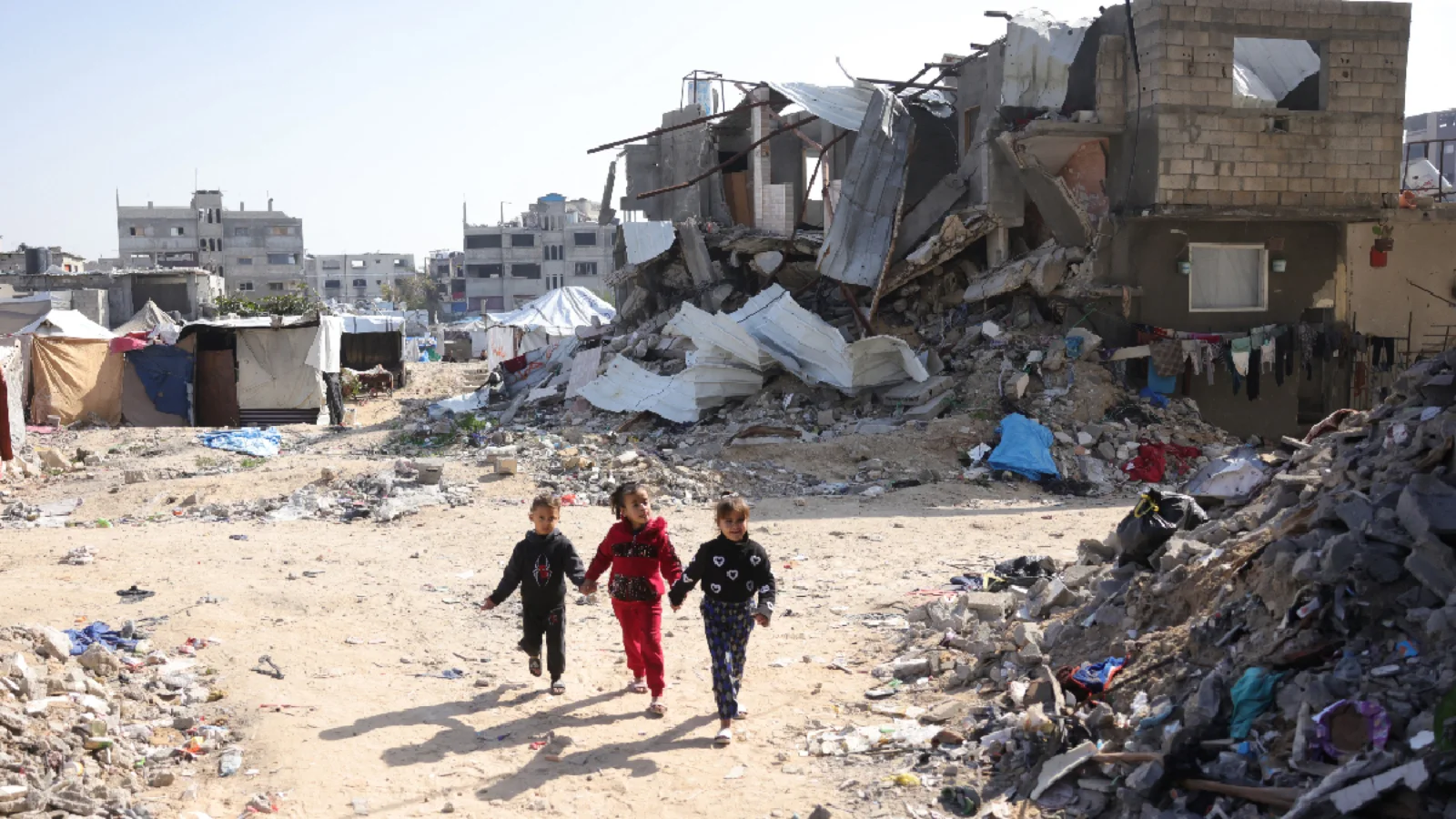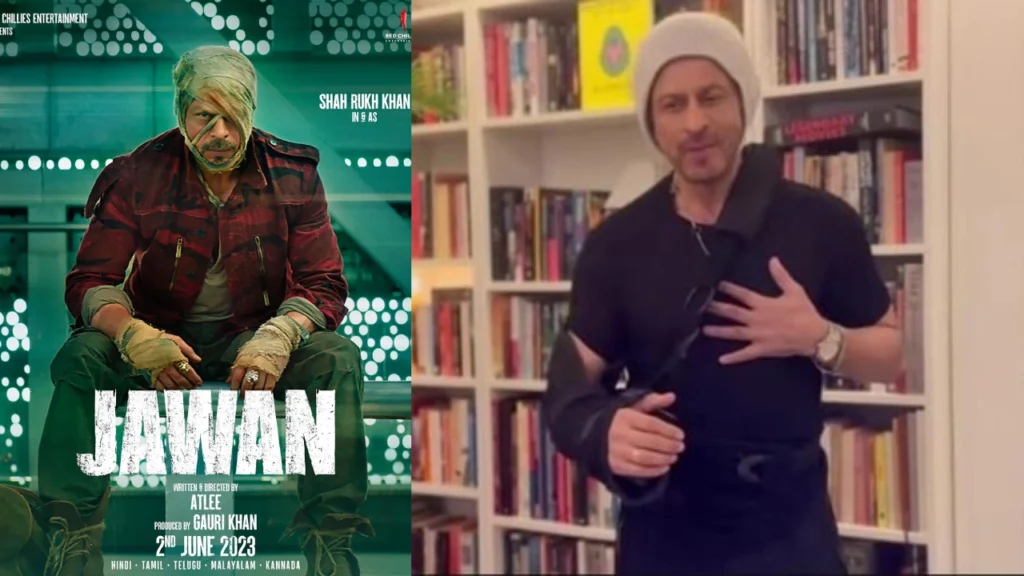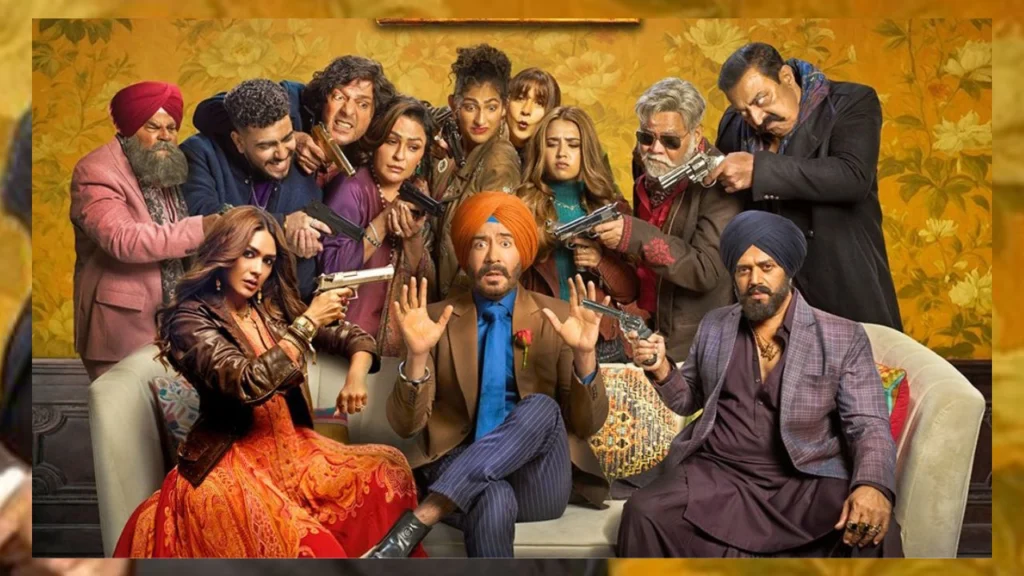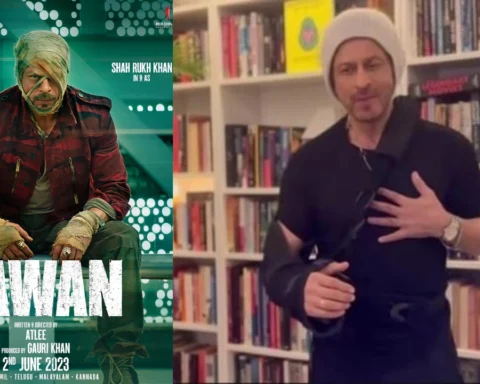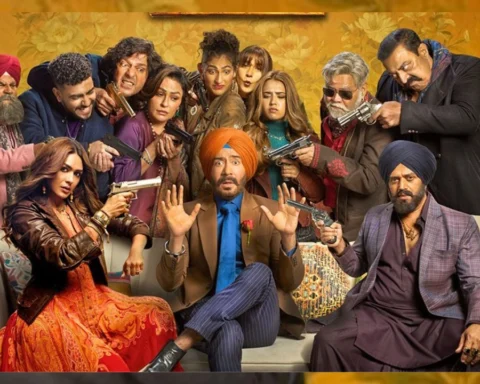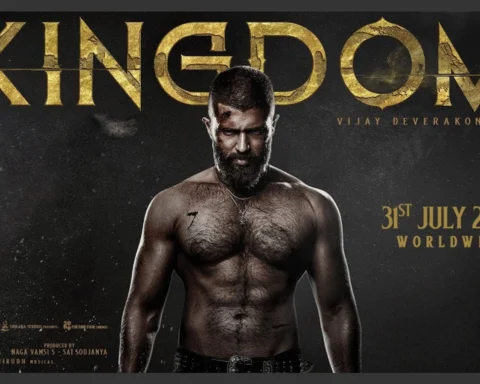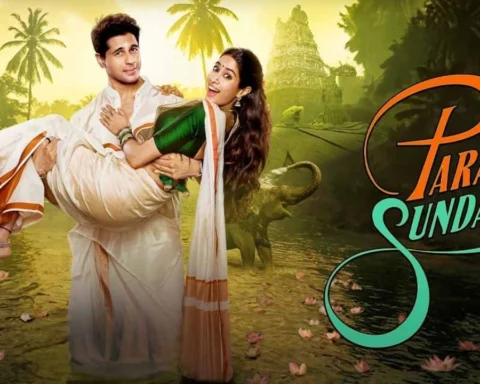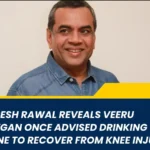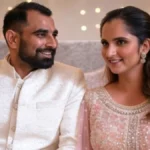The British Broadcasting Corporation (BBC) is once again at the center of a media firestorm following allegations that taxpayer money used to produce a Gaza-based documentary may have indirectly benefited Hamas. The broadcaster has firmly denied these claims, stating that no funds were given to Hamas during the production of the controversial film Gaza: How to Survive a Warzone.
The controversy has ignited a fierce debate over editorial oversight, transparency, and the ethical responsibilities of public broadcasters during times of geopolitical conflict.
The Documentary in Question
Gaza: How to Survive a Warzone was initially released on BBC Two and made available on iPlayer. The film aimed to provide a child’s perspective on life in Gaza during the ongoing conflict. Narrated by 13-year-old Abdullah Eliyazour, the documentary quickly drew attention—not for its content, but for the identity of its narrator.
It was later revealed that Abdullah is the son of Dr. Ayman Al-Yazouri, a senior Hamas official. This revelation sparked outrage among political figures and media watchdogs, who questioned whether the BBC had exercised due diligence in vetting its contributors2.

BBC’s Response: “No Money Went to Hamas”
In response to mounting criticism, the BBC issued a statement clarifying that the production company, Hoyo Films, had full editorial control and that the broadcaster was unaware of the narrator’s family ties at the time of commissioning. The BBC emphasized that no payments were made to Hamas or any individuals affiliated with the organization.
The broadcaster has since removed the documentary from its streaming platform and is conducting “further due diligence” to ensure compliance with editorial and legal standards.
Political Fallout and Public Reaction
The backlash has been swift and intense. UK politicians, including Shadow Culture Secretary Stuart Andrew and former Labour MP Lord Austin, have demanded a full investigation into the matter. Some have gone as far as to suggest that the BBC may have breached counter-terrorism legislation if any funds were inadvertently funneled to Hamas—a group designated as a terrorist organization by the UK government.
Baroness Deech, a crossbench peer, called for an “urgent investigation” to determine whether access to Hamas-run facilities in Gaza involved any form of payment or cooperation that could be construed as support.
Financial Transparency Under Scrutiny
Reports indicate that the BBC spent approximately £400,000 on the production of the documentary. Critics argue that such a significant expenditure warrants a detailed public accounting, especially given the sensitive nature of the subject matter and the potential for reputational damage.
Former BBC television director Danny Cohen stated, “The BBC needs to account for every penny spent on this documentary. £400,000 is a significant sum of licence-fee payers’ money.”
A Pattern of Controversy?
This isn’t the first time the BBC has faced criticism over its coverage of the Israel-Gaza conflict. Earlier in 2025, the broadcaster was accused of bias after airing another Gaza-focused documentary that some critics labeled as “propaganda.” The cumulative effect of these controversies has led to renewed calls for greater oversight of the BBC’s editorial practices and funding mechanisms.
The Role of Hoyo Films
Hoyo Films, the independent production company behind Gaza: How to Survive a Warzone, has remained largely silent amid the controversy. However, documents suggest that the BBC’s Current Affairs department maintained regular communication with the production team, raising questions about the level of editorial control and accountability.
Implications for Public Trust
The BBC has long been regarded as a pillar of journalistic integrity, but this latest controversy threatens to erode public trust. With the UK government and media regulators now involved, the outcome of the ongoing investigation could have far-reaching implications—not just for the BBC, but for public broadcasters worldwide.
What Happens Next?
As of now, the BBC has paused all broadcasts and online availability of the documentary pending the results of its internal review. The broadcaster has pledged to be transparent with its findings and to take corrective action if any breaches are discovered.
Meanwhile, political pressure continues to mount. Calls for disciplinary action against those responsible for commissioning the documentary are growing louder, and the BBC’s leadership may soon find itself facing parliamentary inquiries.
Final Thoughts
The BBC’s insistence that no money was given to Hamas may hold up under scrutiny, but the broader questions about editorial oversight, transparency, and ethical responsibility remain. In an era where media credibility is under constant threat, public broadcasters must tread carefully—especially when covering conflicts as complex and emotionally charged as the one in Gaza.
As investigations unfold, one thing is clear: the public deserves answers, and the BBC must deliver them with clarity, accountability, and integrity.

